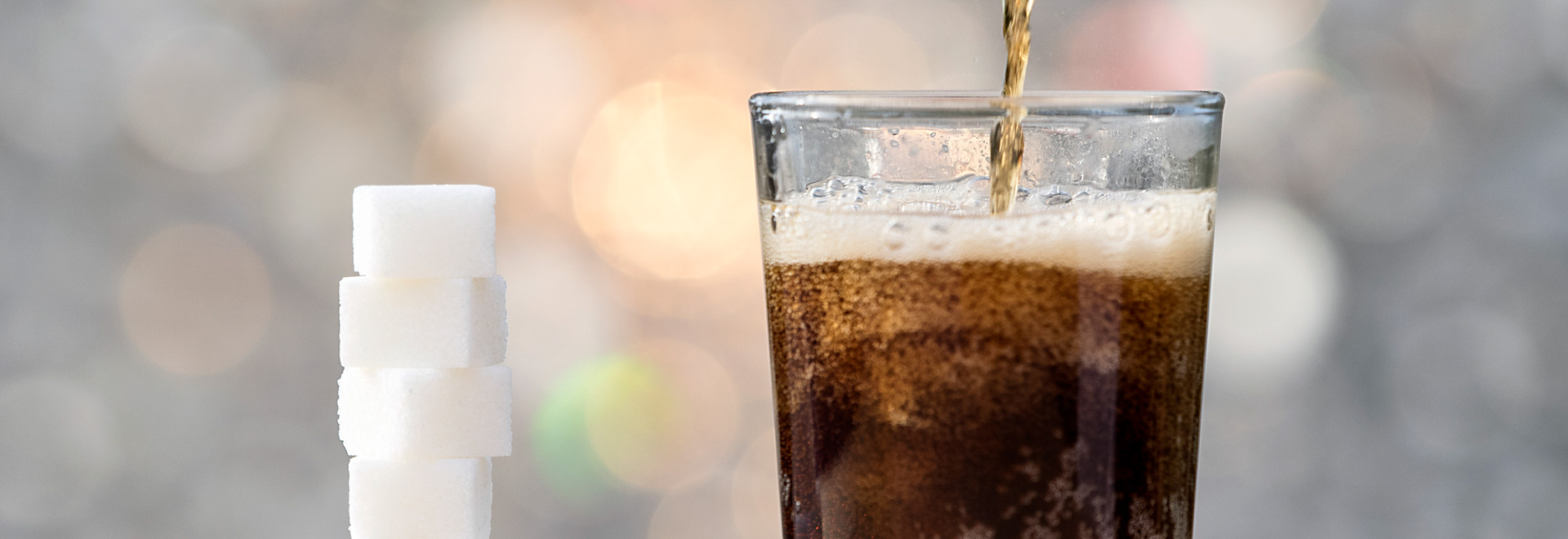“Is sugar-free cola truly healthy?” This is a question has puzzled many of us. In recent years, a surge of “sugar-free” and “zero-calorie” products has flooded the market, appealing to those seeking to reduce their sugar intake or manage their weight. But are diet drinks actually the healthier option? Read on to discover 4 hidden truths behind “zero-calorie” sweeteners.
1. Can “sugar-free drinks” replace “real” sugar ones?
While diet beverages claim to be free from sugar, they often contain artificial sweeteners such as aspartame, saccharin, and monosodium glutamate (MSG). Research conducted by a team led by American neuroscientist Charles S. Zuker has revealed that although these sweeteners can deceive the tongue’s taste receptors, the brain’s response is significantly different from that of “real sugar.” This is because most species, including humans, have evolved specialized brain circuits to detect sugars. In experiments with mice, scientists discovered a specific region within the brainstem, a primitive part of the brain, which responds exclusively to real sugar.
2. Can diet drinks harm our kidneys?
Diet drinks are high in phosphorus, which can increase the acid load on the kidneys. People who drink seven or more diet drinks per week are nearly twice as likely to develop kidney disease compared to those who drink less than one. While studies have shown that diet drinks are less likely to contribute to kidney stones than regular soft drinks, neither type is beneficial for kidney health.
3. Is the sweetener aspartame carcinogenic?
The sweetener aspartame has been classified as a potential carcinogen by the World Health Organisation (WHO). However, it is listed as a Group 2B carcinogen, which suggests a level of risk similar to that of kimchi and radiation from mobile phones. In other words, enjoying a diet drink occasionally is unlikely to raise significant concerns. In fact, aspartame is commonly found in a wide range of diet drinks and sugar-free gum. While decades of medical research have supported its safety for consumption, recent studies have begun to explore potential drawbacks associated with sweeteners.
4. Can diet drinks aid in weight loss?
While diet drinks are sugar-free, they do not necessarily contribute to weight loss. As previously discussed, excessive consumption of sweeteners offers no health benefits. Therefore, it is more beneficial to minimize the overall consumption of both “real sugar” and sweeteners. A balanced diet combined with regular exercise remains the most effective approach to weight management.
Although diet beverages may seem like a healthier alternative, the sweeteners and additives they contain can pose potential health risks. It is essential to consume all foods and beverages in moderation and to maintain a well-rounded nutritional diet for optimal health.
Our Cigna VHIS Series – Flexi Plan (Superior) not only offers tax deductions of up to HK$8,000, but also provides a variety of plan levels to choose from. This includes coverage for hospitalization and psychiatric treatment for individuals with mental health conditions. Whether it is the cost, coverage scope, or value-added services, this plan is designed to meet the needs of the budget-conscious, helping you maximize your savings. Click here to learn more.

